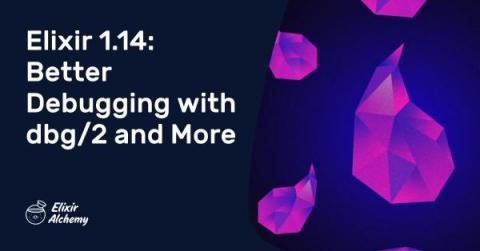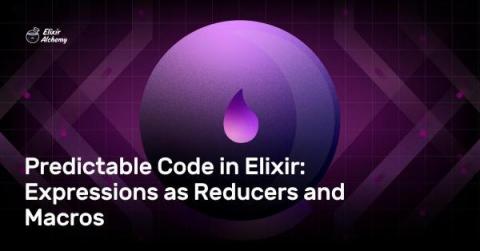Debugging in Elixir and Erlang: An Introduction
Welcome to part one of this two-part series on debugging in Elixir and Erlang. In this post, we'll use several different tools and techniques to debug Elixir code. First, we'll get to know the demo project I created to showcase certain tools: dist_messenger. It's an Elixir project of a distributed messaging system that can be used directly on IEx. It allows users in different nodes to send and receive messages to each other.











